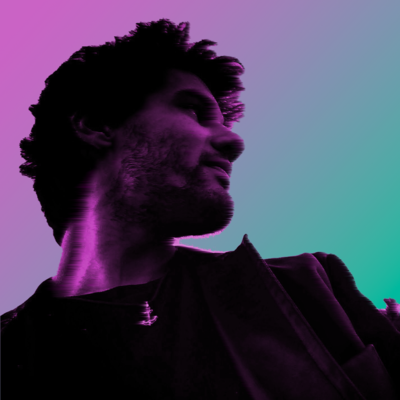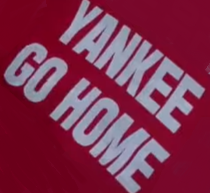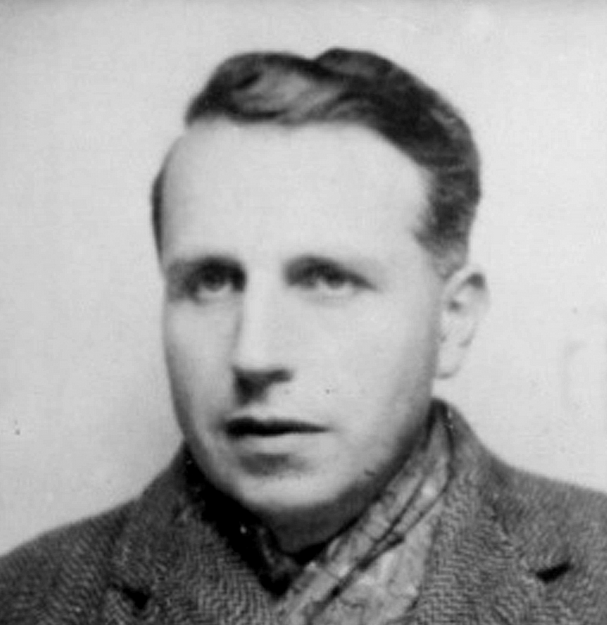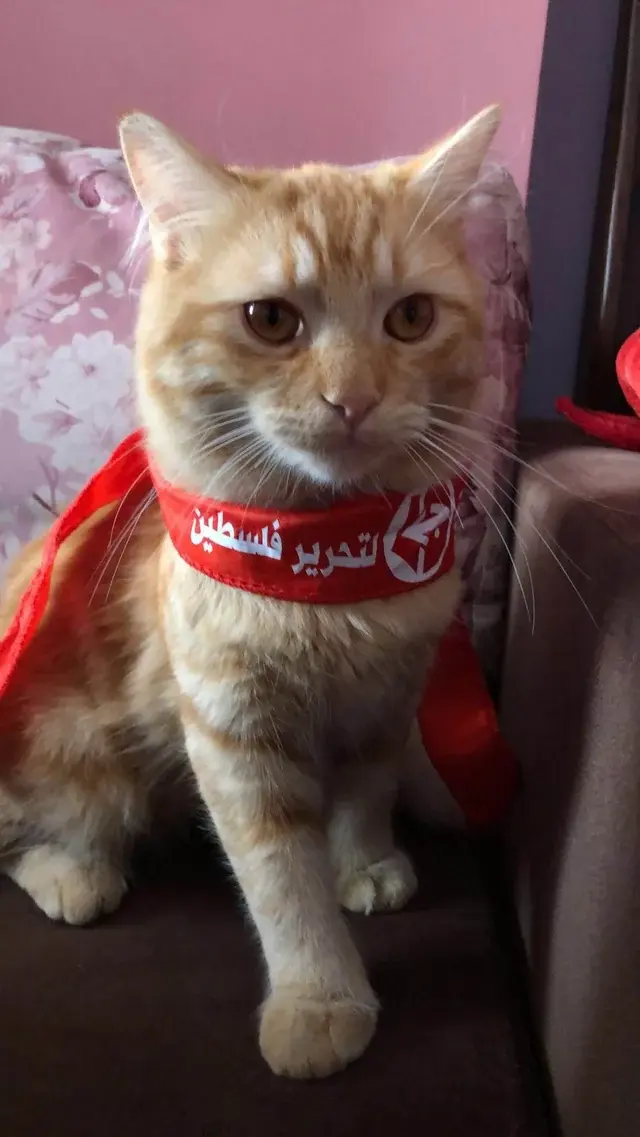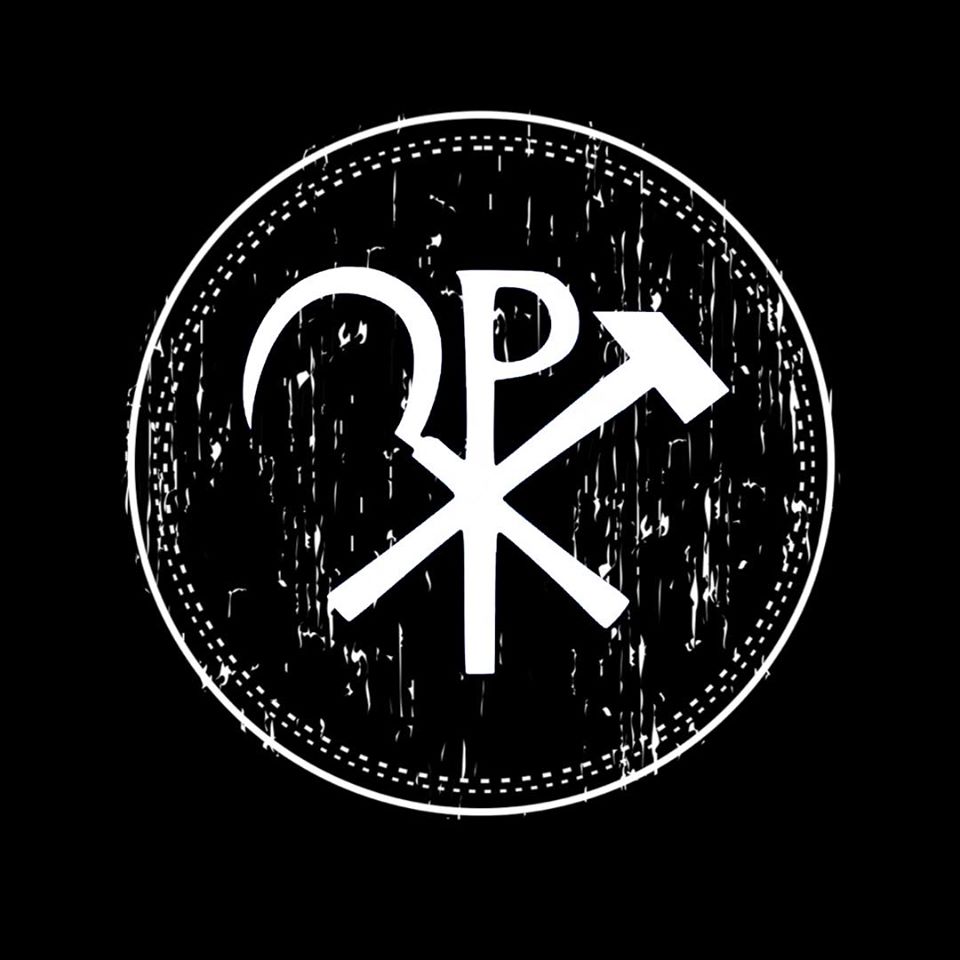Do you have any suggestion for sources (books, website etc.) about DPKR? I would love to learn more about their political organisation and about social and everyday life.
Edit: thank you everyone for the suggestions!
According to Hakim, Patriots, Traitors, and Empires is about all you need, at least for a start.
That’s mostly about recent history of korea (since japanese occupation, up to now), still a great book.
Isn’t that what OP is asking for? They didn’t say Korean history in general, just the DPRK.
OP asked for everyday life in DPRK and their politics, which are not really covered in Gowans book.
I just wanted to clarify that it is an explicitly history book, i still encourage everyone to read it.
Fair, it probably wouldn’t cover daily life, but nonetheless gotta read it.
deleted by creator
deleted by creator
deleted by creator
Not sure about day to day life stuff. All I’ve read about is the history of Korea post-1945 leading up to the partition and little bit after that. I can help with those if you are interested.
The closest thing I have seen related to what you are asking are some YouTube channels but I cannot recall their names.
Books: A capitalist in North Korea is good one about everyday life in the DPRK, although it mostly covers life during the late Kim Jong-il and early Kim Jong-un period. Felix Abt’s support for the DPRK flucuates a lot throughout the book and he makes some false additions based on later research instead of his own experiences (such as mentioning the Songbun myth). Markets in the DPRK were quite prevalent back then due to official government encouragement of markets in the mid 2000s, but he does cover the start of the demarketization process with Kim Jong-un’s entry. Today, state markets are able to provide most consumer goods and the “free markets” are most limited to farmers’ markets and those too are slowly dying out.
North Korea: Another Country is also a good read. It’s overall biased against the DPRK but it has some pretty good points in it.
Documentaries: Boy Boy’s The Haircut is probably the best starter documentary to the DPRK and its myths. Loyal Citizens of Pyongyang in Seoul is also good, as is my Brothers and Sisters in the North. The most comprehensive series is the SAO Documentary series, which I believe has more than 100 hours of lightly edited footage inside the DPRK. It’s mostly tourist stuff but they ask a lot of questions to the tour guide about daily life and I found it very useful. The documentaries are in Chinese but there are english subtitles in the video. The translations get worse as the series goes on however and sometimes the translations can give very incorrect information. For example one of the video’s subtitles says that rice rations in the DPRK are 2kg a month when in reality it’s 2kg a week.
This link has good resources too: https://linktr.ee/dprkmyths
Start here: https://dprkorea.carrd.co/
deleted by creator
Since I didn’t see it mentioned yet PAEKTU SOLIDARITY ALLIANCE
I’m not sure anyone mentioned this yet, but, if I remember correctly, Hakim suggested this video: Daily life in North Korea - “My Brothers and Sisters in the North” (Full awarded documentary)
I found a YouTube link in your comment. Here are links to the same video on alternative frontends that protect your privacy:
